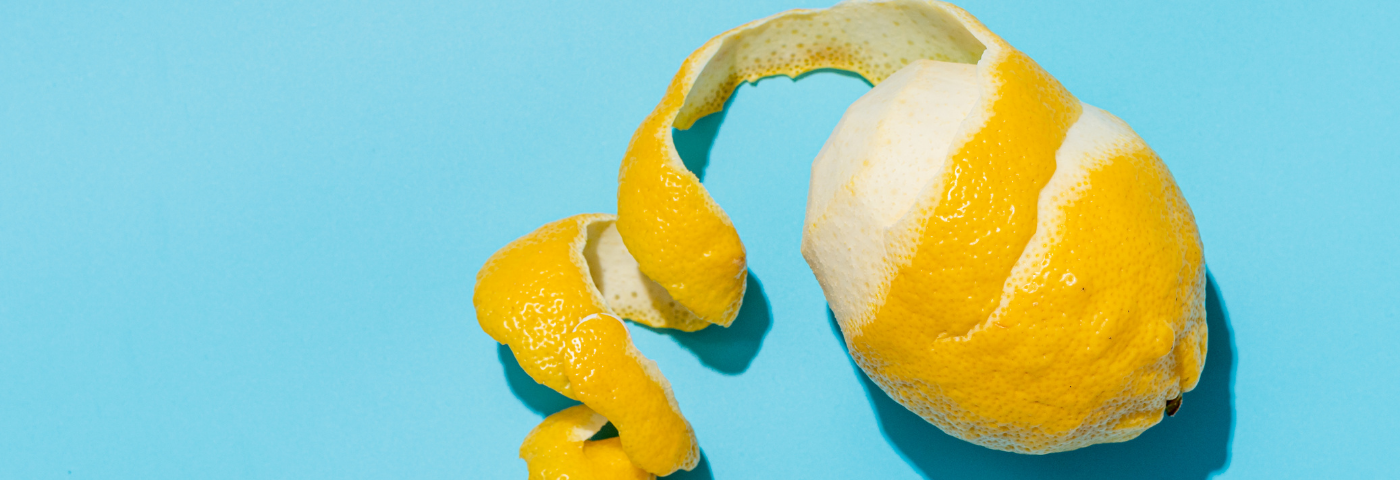Ecovia Intelligence highlights trend for upcycled ingredients
More and more ingredient companies are launching products sourced from upcycled ingredients as part of efforts to up the sustainability stakes for cosmetic products, research from Ecovia Intelligence finds.
It is specifically food byproducts that are most commonly being used to create these ingredients, and the market research company is predicting that the uptake of this trend will increase all the more on the back of supply chains disruption caused by COVID-19.

While tapping into the increasingly popular circular economy and shifting supply chains to more regional models, food side streams are already an important source of ingredients such as palm kernel, which has been used in a wide variety of cosmetic products for many years.
Ecovia experts say that with the collection of raw materials for many natural ingredients being impacted by the pandemic prevention measures and lockdowns, upcycled ingredients are being used to fill to meet the gap in demand.
The company notes that a raft of new ingredient launches from ingredient companies all over the world have included an increasingly varied range of food byproducts that are being used as the basis for a variety of applications.
In the past 12 months French company Expanscience has developed an active eye care ingredient that is derived from discarded avocadoes, derived from a sustainable supply chain in Peru.
Givaudan has also launched its KoffeeUp ingredient, which is marketed as an alternative to argan oil but is developed from used coffee ground, sourced in partnership from Danish start-up coffee chain Kaffe Bueno.
Meanwhile, Rahn is upcycling pumpkin seeds to make its active ingredient, Reforcyl-Aion, as skin care ingredient that is being marketed on the strength of it forming an important part of the circular economy.
And finally, the research highlights Cargill Beauty’s new texturizer ingredient and emulsion stabiliser for skin care products, which is produced using extracted pectin from leftover lemon peel.
Givaudan launches Neosalyl
Swiss ingredients player Givaudan has launched what it claims is a natural substitute for synthetic salicylic acid, called Neosalyl.
The ingredient is marketed with a range of claims for skin, scalp and hair care products, and in a 100% natural derived from the essential oil of a the Wintergreen plant, bring dermo-purification for skin care products, as well as shine and anti-dandruff claims for hair care products.
The Wintergreen leaves are sourced in Southern China’s Yunnan province and are rich in essential oil that contains methyl salicylate that is extracted at source by farmers, and then further processed by Givaudan using a green fractionation process to create the ingredient.
“Due to its exfoliating properties, Neosalyl is a safe and effective peeling agent for a large number of cosmetic purposes for skin care, such as exfoliation, anti-inflammatory and anti-microbial benefits, raising it as the perfect active for prone-to-acne skin conditions,” said Yohan Rolland, global category manager.
“As a strong keratolytic agent, Neosalyl is also a very good synergistic active for the treatment of dandruff.”
Berkem launches anti-pollution hair ingredient
Berkem is targeting the growing market for anti-pollution hair care products with its solution Urban’Hair, a natural-based ingredient made from raspberry leaves.
The development team set about creating an active that fights against urban harm by protecting the body from stress and reducing oxidative stress, while also targeting scalp irritation.
Research has found that the active, derived from an extract of raspberry leaves sourced from sustainable agriculture in France, can help remove pollution particles on hair, while neutralising heavy metals.
Ultimately this anti-pollution action can help bring back the natural shine to hair, while also procuring a sense of well-being, the Berkem team claim.
Clinical trials were based on a 3% dose of the ingredient used in a shampoo, and found that in Caucasian hair types, pollution traces on hair were reduced by 94%, making it 75% more effective than a placebo shampoo.
Further clinical tests on 30 individuals also showed that a shampoo containing a 3% dose of the ingredient provided a significantly enhanced vitality to the hair compared to a placebo shampoo, a factor that provided a measureable increase in the sense of wellbeing for the users.
Hear more from Berkem in our recent Q&A. Catch up with our last ingredient round-up – from BASF’s 100% natural derived stabilizer to the use of renewable ingredients in fragrance.

